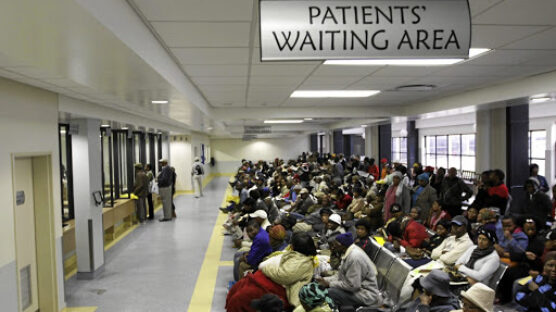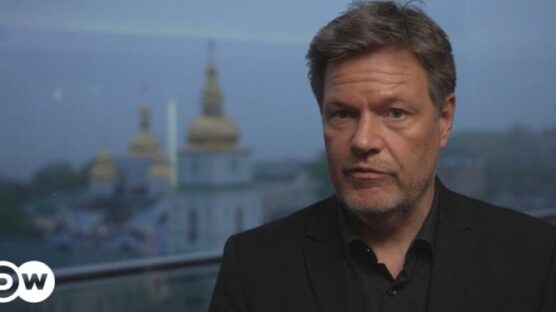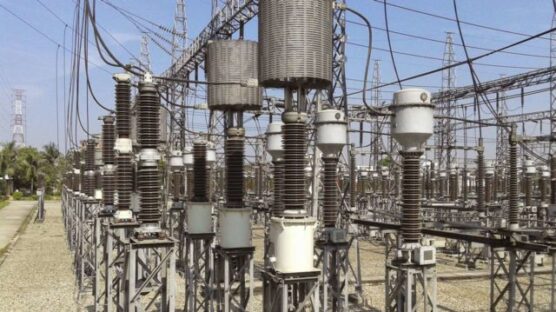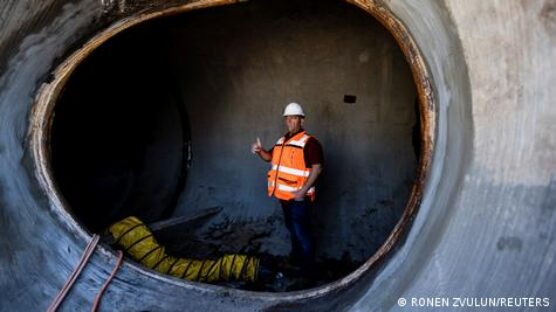Volkswagen to stop making combustion engine cars by 2035 in Europe
By DW
28 June 2021 |
7:07 am
The German automobile giant has now set a timeline for its exit from combustion engine cars. The changes will affect Europe first, with the US and China to follow "a little later."
In this article
Related
Related
2 days ago
Only 40 of 100 private firms studied have pledged to achieve zero carbon emissions, compared to 70 out of 100 publicly-listed firms. Net Zero Tracker blames a lack of market and reputational pressures, as well as an absence of regulation.
1 day ago
Aigboje Aig-Imoukhuede, the Chairman of Access Holdings says the move by the group to raise $1.5 billion over five years reflects the financial institutions growth plans. Speaking with CNBC Africa's Kenneth Igbomor, Aig-Imoukhuede reiterates that the decision for a rights issue was in line with the role of its shareholders in the growth of the bank over the years.
2 days ago
South Africa is edging closer to a major healthcare overhaul with a bill that aims to provide universal coverage, but concerns are mounting over whether the struggling public system is ready to implement such an ambitious plan, healthcare workers, patients and business groups say.
1 day ago
Infusions, anti-aging creams or anti-stress drops made from cannabis are some of the food supplements that Morocco will begin to market imminently and that are already on display at the International Agriculture Exhibition (SIAM) inaugurated this Monday, after legalization of this plant in 2021 for pharmaceutical and industrial uses.
1 day ago
The German government revised its economic growth forecast for 2024 marginally from 0.2% to 0.3%, Economy Minister Robert Habeck confirmed on Wednesday afternoon.
6 hours ago
Private sector players are urging the Nigerian government to suspend the increase in electricity tariff for band A customers, citing the recent appreciation of the naira, a part of the determining factor for the tariff. Segun Ajayi-Kadir, Director General of the Manufacturers Association of Nigeria, joins CNBC Africa for this and more.
Latest
2 hours ago
Guardian Woman Festival: Fostering inclusion and empowerment in aviation.
7 hours ago
Amnesty International is accusing Israel of a flagrant disregard for international law during its offensive in Gaza. The organisation's annual report says the situation is being compounded by the failures of Israel's allies to stop the indescribable civilian bloodshed being seen in the Palestinian enclave.
7 hours ago
The president of the Confederation of African Football (CAF) Patrice Motsepe discussed his ambitions for African football and his tenure as CAF president.
1 day ago
Find these stories and much more when you grab a copy of The Guardian on Thursday.
1 day ago
Tunde Onakoya, the Nigerian Chess expert who smashed the previous Guinness World Record for the longest chess marathon has returned to Nigeria. The founder of Chess In Slums Africa broke a new record of 60 hours of playtime in New York’s Times Square last Saturday, which is still receiving confirmation from GWR.
1 day ago
Israel's economy suffered a major contraction in the final quarter of 2023, following the terrorist attacks. Its economy shrank by 5.2% compared with the previous quarter. Much was related to the labor force disruption which resulted when around 300,000 reservists were called up to the country's armed forces.
×

Get the latest news delivered straight to your inbox every day of the week. Stay informed with the Guardian’s leading coverage of Nigerian and world news, business, technology and sports.


















0 Comments
We will review and take appropriate action.